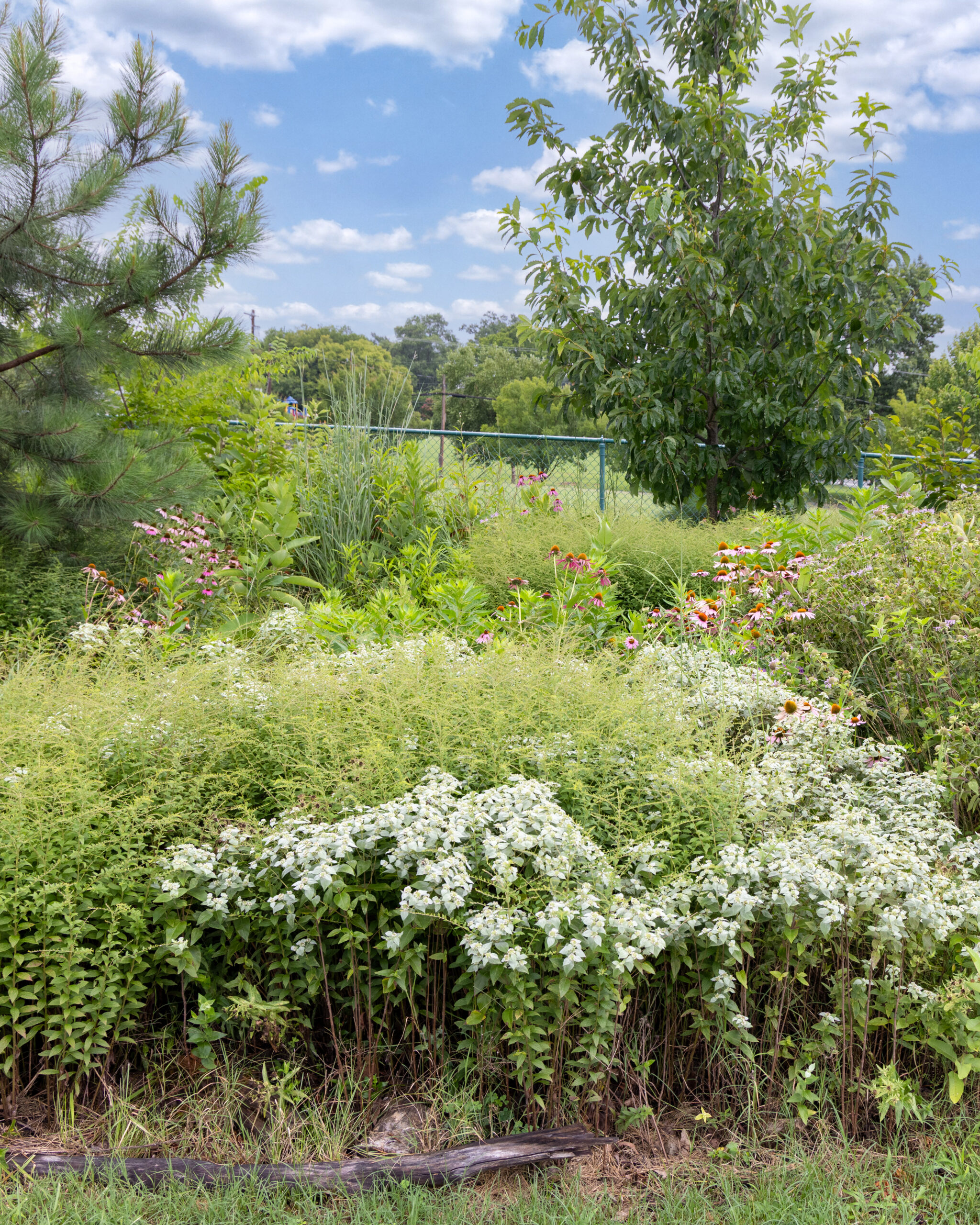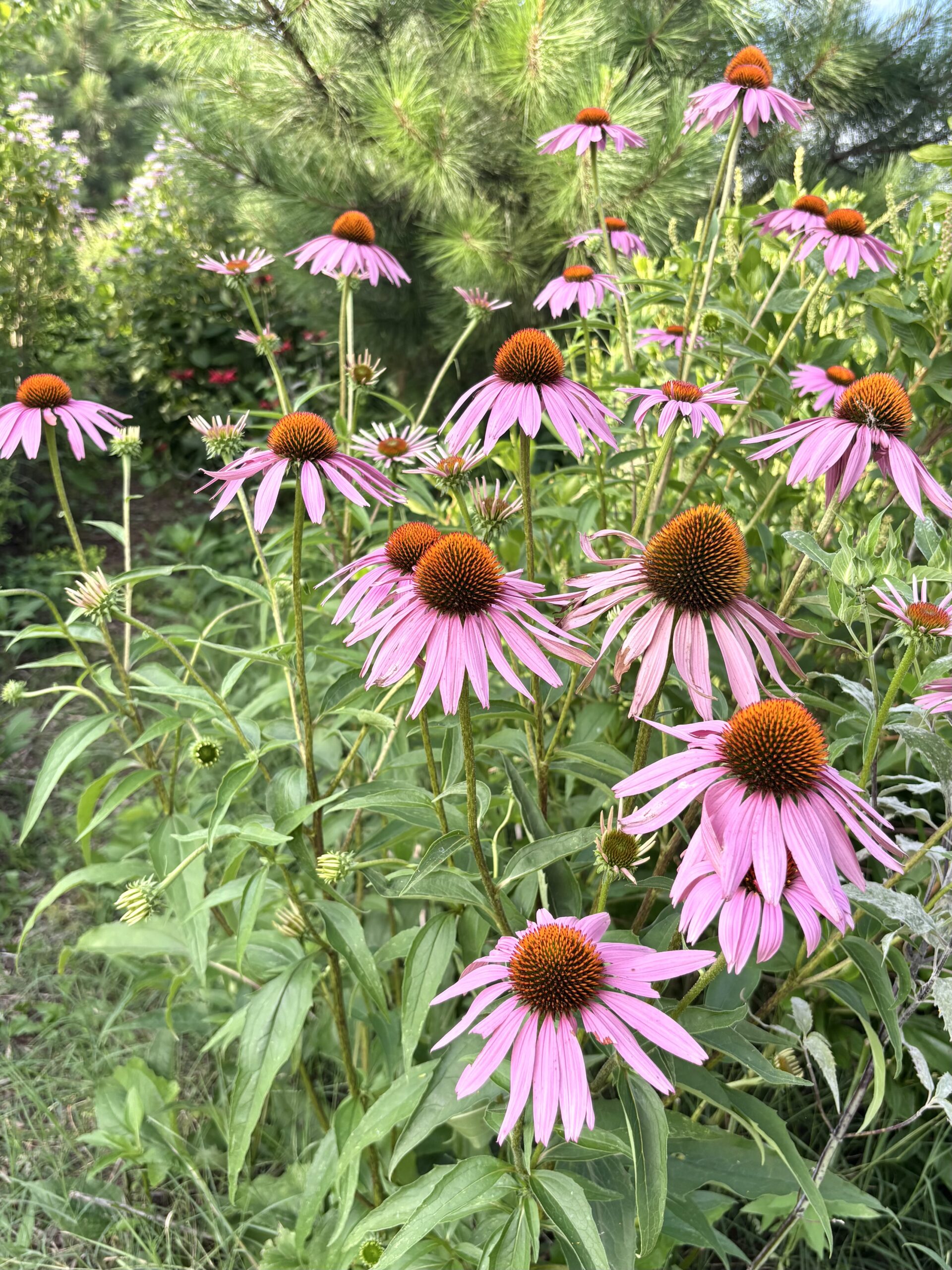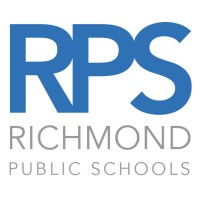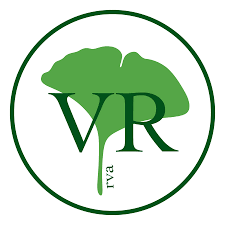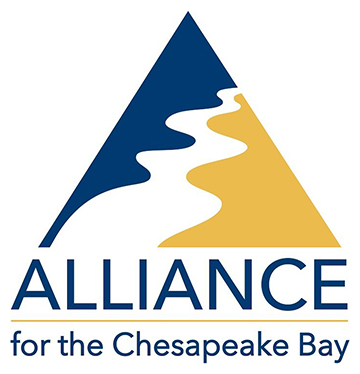Welcome to Amelia Street Urban Forest
We’re so excited to welcome you to the official website for the Amelia Street Urban Forest—a growing greenspace in the heart of Richmond, Virginia, where community, education, accessibility and native ecology come together. Tucked behind Amelia Street School, this special space is more than just a patch of trees and pollinator plants—it’s a living classroom, a neighborhood oasis, and a symbol of what’s possible when people come together to care for the land and each other. Stay tuned for updates on events, volunteer opportunities, and progress as we grow together.
For directions to the greenspace please CLICK HERE. The area outside the fenced playground is open to the public during daylight hours but the playground area itself is not open to the public during school hours.
